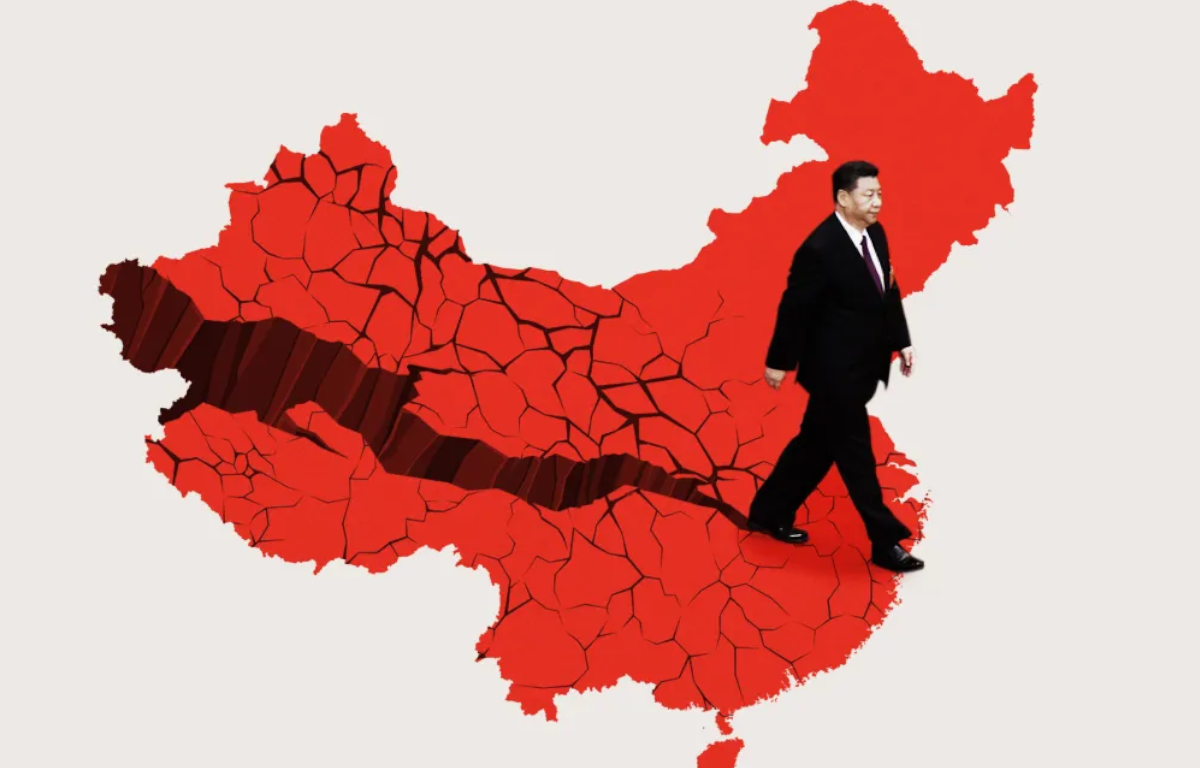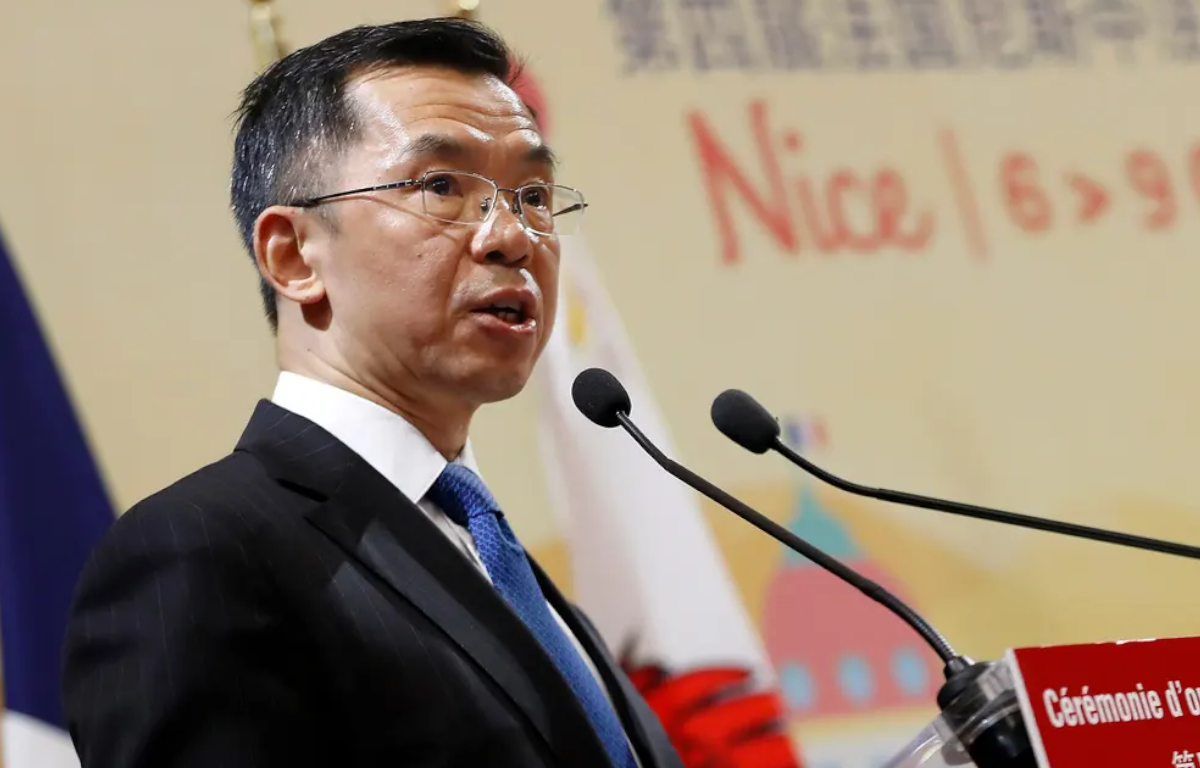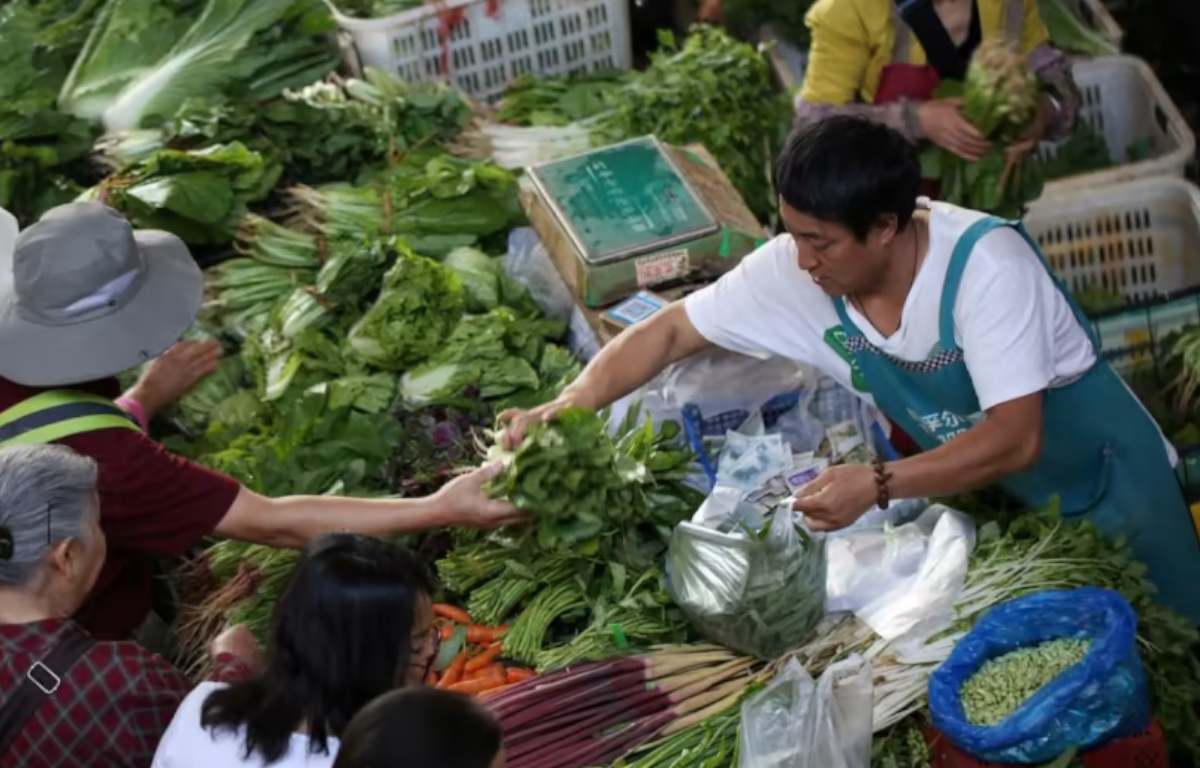
Beijing LGBT Center — one of the country’s most prominent queer advocacy groups — is permanently closing its doors effective immediately, the group announced on Monday.
“Due to ‘force majeure,’ we are very sorry to inform you that Beijing LGBT Center has ceased operations today,” the group posted on the WeChat messaging app, suggesting it was shut down by force.
The center had gained international recognition over the years for helping conduct research on LGBTQ+ mental health and helping mitigate harmful practices against the queer community, which included winning a court ruling limiting forced electro-convulsion therapy.
China decriminalized homosexuality in 1997, removed it as a listed mental health disorder in 2001, and saw further progress in the years that followed as the global conversation on LGBTQ+ rights accelerated.
The center’s closure comes amid a protracted crackdown on the LGBTQ+ community in recent years, however. Here’s a look back at how Chinese authorities have clamped down:
Know More
2016: Homosexuality banned from TV
The government in 2016 crafted new laws that prohibited depictions of homosexuality from TV, with the authorities saying it was necessary to crack down on content that “exaggerates the dark side of society.”
2020: Shanghai Pride Cancelled
Eleven years after its first run, organizers for Shanghai Pride in 2020 announced they would be cancelling all upcoming activities after virtual celebrations were held that year due to the COVID-19 pandemic.
CNN reported that the event’s organizers had been under increasing pressure from local activities to shut down their operations, with many activists facing heightened harassment to the point it was disrupting their day jobs and normal lives.
2021: A Year of Silence
Beijing imposed several restrictions over the course of 2021 that have been condemned by international human rights groups. These crackdowns include:
Mandating more school gym classes to “cultivate masculinity.”
WeChat shutting down college campus LGBTQ+ advocacy group chats and forums.
Banning video games from showing gay romances or having “effeminate male” characters.
Beijing barring “sissy men” from TV programs and shows.
Expert View
Yaqiu Wang, a researcher at Human Rights Watch, told Semafor she was “not surprised at all” over the shutdown, saying that Beijing has been working vigorously over the last several years to crack down on any advocacy group threatening to disrupt the status quo.
“It’s not just LGBT [rights],” Wang said. “It’s women’s rights, It’s labor rights, environmental activism, all kinds of activism. The government cannot tolerate independent actors and independent thinking.”
Notable
BlueCity, the company behind China’s biggest gay dating app, reworked itself into a digital pharmaceutical company to bypass China’s sensitive political environment, Rest of World reports. The company’s website rarely mentions terms like “gay,” and instead promotes sexual wellbeing and HIV-prevention platforms.
Source: Semafor
Written by: Diego Mendoza










Share this: